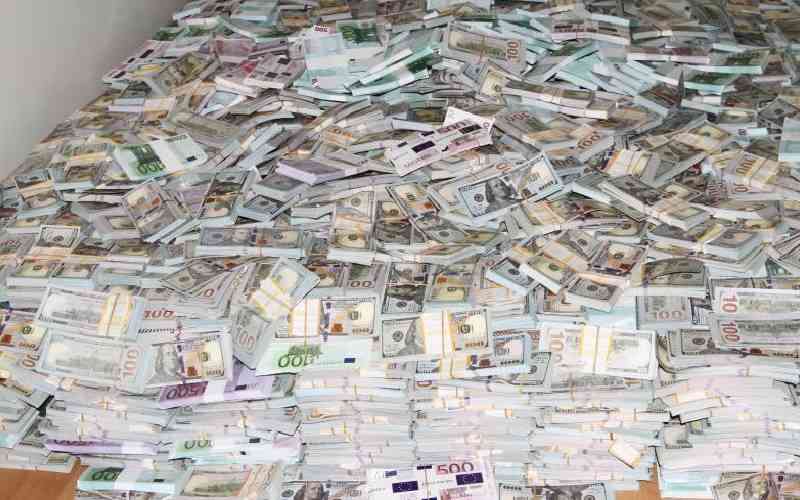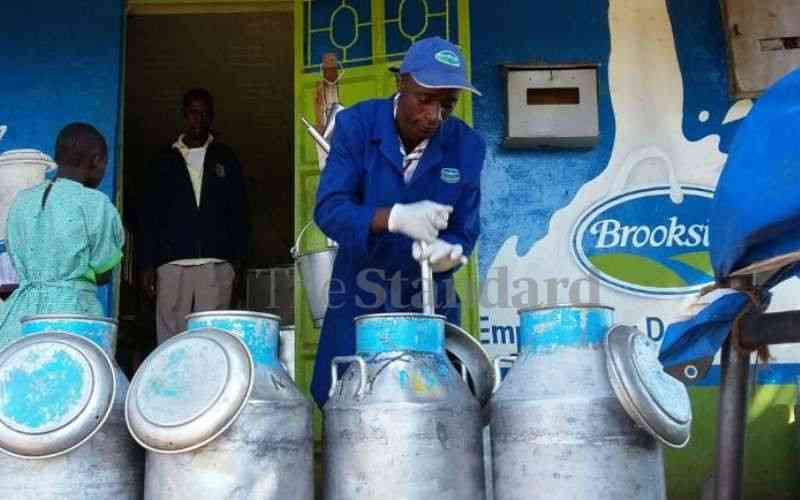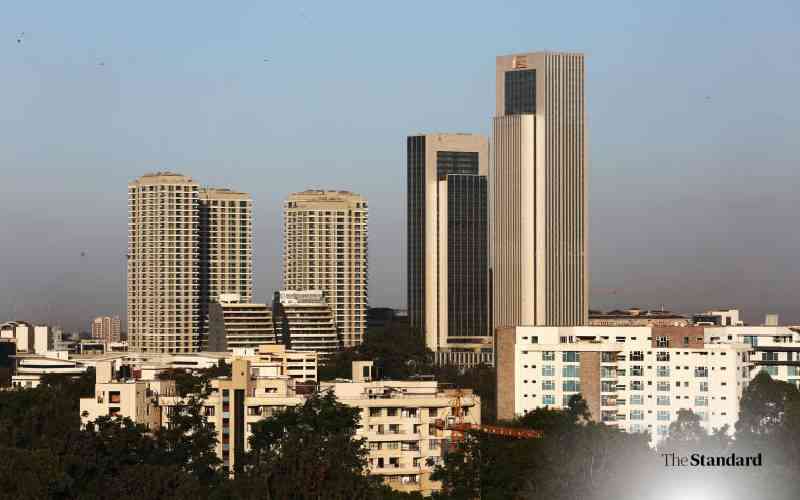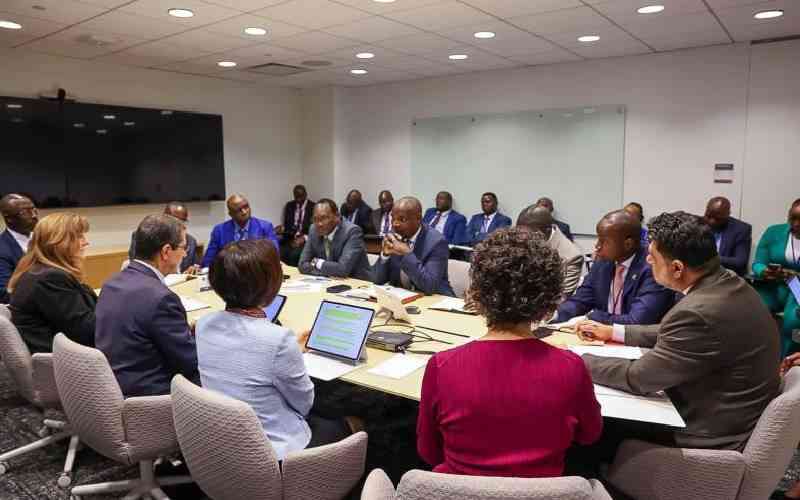
Even as Kenya grapples with economic challenges, political turmoil, flooding, and skyrocketing food prices, our value systems have been eroded by the proliferation of counterfeits.
Despite being on the path to achieving a middle-income economy, Kenya is hindered by the pervasive issue of counterfeits across all sectors. Recently, President William Ruto directed that individuals holding public and state offices with fake certificates should face the full force of the law.
It is not surprising to learn that many government offices are staffed by officers with fake certificates, and industries are led by people without valid certifications. This explains why some parastatals are plagued by corruption and a lack of adherence to basic leadership principles.
It may be that these individuals are not equipped to meet the required standards, or perhaps originality and hard work are undervalued, especially among Gen Y and Gen Z.
In academia, the quality of work has been compromised with the advent of AI-enabled tools, which stifle creativity and innovation, leaving us with subpar outcomes. In a world that increasingly values quality and standards, Kenyans are more concerned about quality service delivery than the political antics of their leaders. However, Kenyans often prioritise faking everything, from certificates to products.
The youth have been swayed by the populist ideology of ‘faking it till you make it,’ oblivious to the long-term consequences of their actions. As a consumer, one must ask why authorities allow counterfeits to thrive in our current socio-economic and socio-political environment, despite their duty to safeguard the lives of Kenyans.
The 2023 revelation about fake fertiliser distributed by the National Cereals and Produce Board highlights the issue. Greedy cartels repackaging and selling fake fertiliser to unsuspecting farmers pose a significant threat. These cartels exploit farmers for abnormal profits, bending the law and manipulating the system to their advantage.
In 2018, local newspapers revealed shocking details about fake products circulating in the market, including baby diapers, cooking oil, food seasoning, cables, cosmetics, yogurt, cheese, mango juice, medicines, decoders, tomato sauce, alcoholic beverages, and bottled water. Counterfeited alcoholic drinks are particularly alarming, given their life-threatening impact on consumers.
Government agencies are aware of these issues but seem to condone them. The failure to apprehend the perpetrators of these counterfeit activities reflects the ineptitude and unconscionable nature of the investigative agencies.
The growing scourge of unethical conduct must be addressed. Threats to the economy must be mitigated. Kenya can still have better days if it overcomes these challenges.
No nation or community has the right to self-destruct, even with the abundance of free will. Fake certificates should be identified and destroyed, and those holding offices with such certificates should be charged and imprisoned.
Counterfeits not only harm the economy but also erode a nation’s values and heritage. A nation that succumbs to moral decadence, psychological frailty, and bad governance is doomed to fail.
Mr Toroitich is a communication lecturer and researcher






